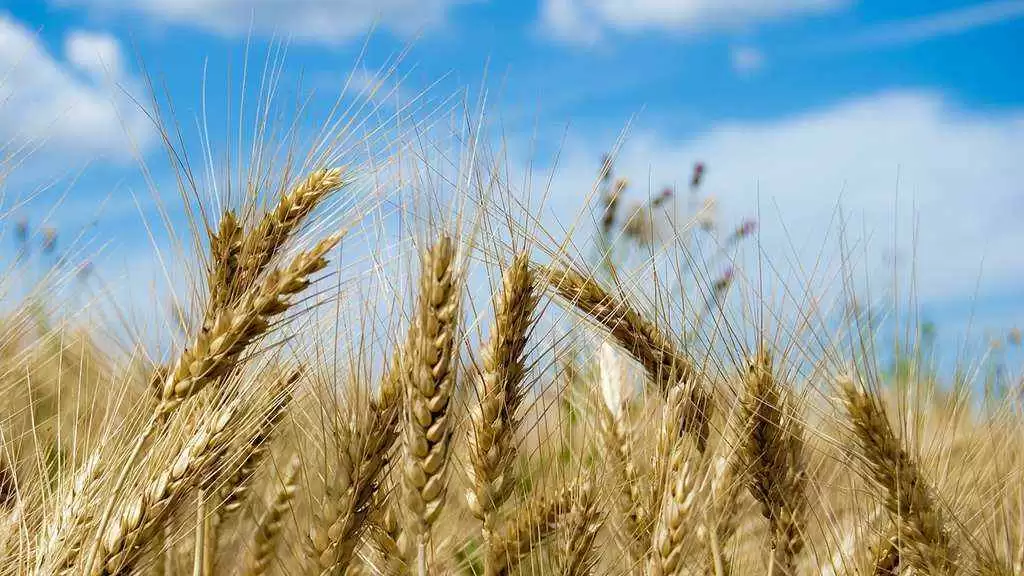
Celiac.com 01/02/2017 - New research shows that a group of proteins in wheat, called ATIs, may be responsible for activating inflammation in such disorders as celiac disease, multiple sclerosis, asthma, and rheumatoid arthritis.
Scientists also believe that the proteins may promote the development of non-celiac gluten sensitivity. The findings were presented at UEG Week 2016 in Vienna in Vienna, Austria, a meeting organized by United European Gastroenterology for specialists to communicate the latest research in digestive and liver diseases.
Celiac.com Sponsor (A12):
One group of proteins found in wheat - amylase-trypsin inhibitors (ATIs) - has been shown to trigger an immune response in the gut that can spread to other tissues in the body. ATIs are plant-derived proteins that inhibit enzymes of common parasites - such as mealworms and mealybugs - in wheat.
Interestingly, ATIs also have an important role in metabolic processes that occur during seed development.
The finding that ATIs may promote inflammation in the and beyond the gut, is a major step forward in understanding the mechanics of celiac disease and/or gluten-intolerance.
Stay tuned for more news on this and other breaking stories in celiac disease research.
Read more at MedicalNewsToday.com.







Recommended Comments
There are no comments to display.
Create an account or sign in to comment
You need to be a member in order to leave a comment
Create an account
Sign up for a new account in our community. It's easy!
Register a new accountSign in
Already have an account? Sign in here.
Sign In Now